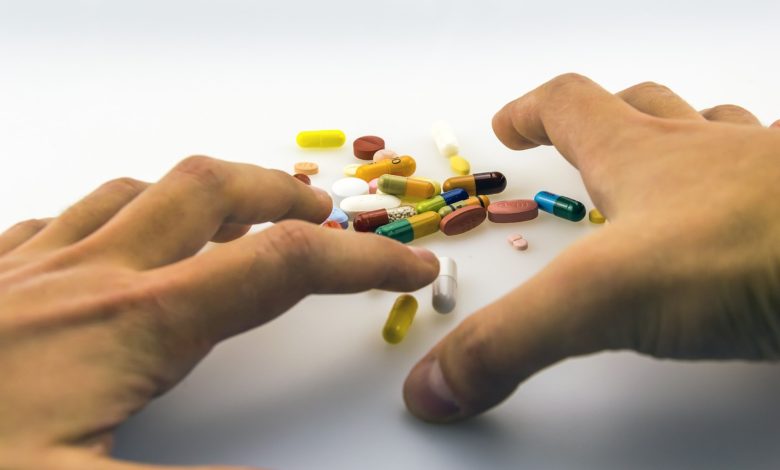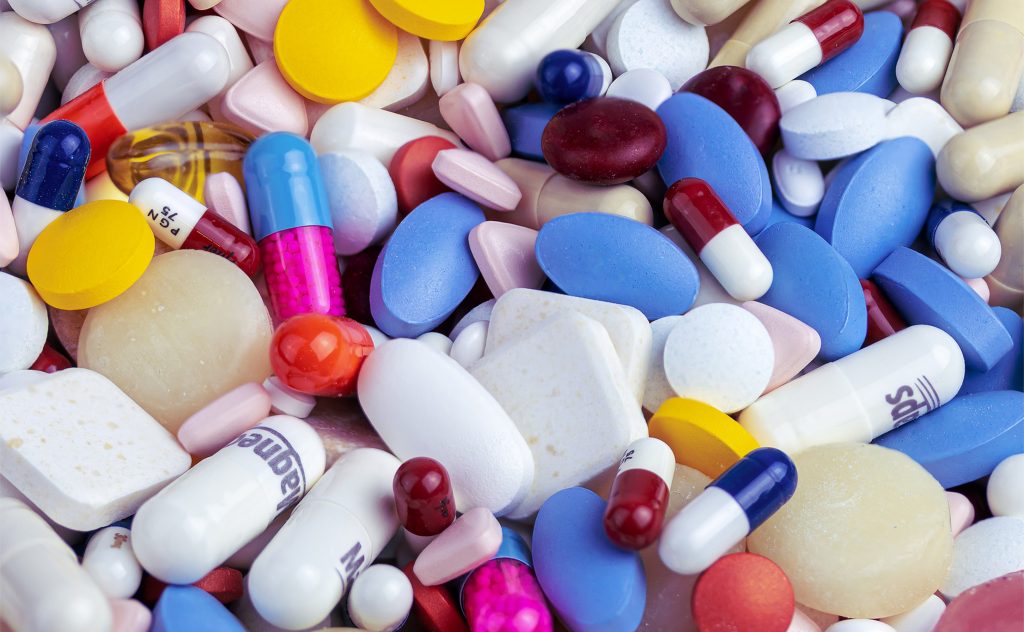Is Overdosing A Sin?

Morality and personal responsibility frequently connect with the complexities of human problems in faith and spirituality. Substance misuse is one such issue that has been a problem to some people for so many years, and it arouses the question, “Is overdosing a sin?”. Exploring this topic allows us to investigate the teachings and ideas found in ancient writings, offering insight into the moral ramifications of such conduct. It is critical to approach it with an open mind and a kind heart.
We can obtain great insights into sin, personal accountability, and the redeeming power of forgiveness by studying the biblical view on overdose. In this article, we will discuss a better way to grasp the biblical perspective on this issue while also emphasizing the importance of empathy and support for individuals impacted by addiction.
What is overdosing?
You overdose when you consume more than is advised, particularly by a medical practitioner, usually a medication. It may cause fatal or extremely harmful symptoms, and an intentional overdose is when you intentionally consume too much of something. Also, A significant medical emergency known as a drug overdose results when a person takes more medication than is advised or prescribed.
Although the Bible does not explicitly address drug overdose, it does offer advice on drug use and the significance of caring for our bodies. According to the Bible, we should reverence God with our bodies since they are the temples of the Holy Spirit. It issues a caution against drinking and abusing alcohol and drugs.
Jesus invites oppressed and heavy-laden people to come to Him and find rest in Matthew 11:28–30. This is relevant to those battling drug addiction and overdose because Jesus offers them hope and healing.
Is Overdosing A Sin?
The Bible does not use the term “overdosing” directly. Its teachings provide knowledge and counsel to help us grasp this problem. We can learn about the perils of overindulgence and the significance of caring for our bodies by looking at biblical references, the counsel of the apostle Paul in 1 Corinthians 6:19–20. You are not your own. So, use your body to honor God. This moving verse is a compelling reminder that the Spirit of God has a lovely home in our bodies, which are not our own. It encourages us to respect, love, and care for our bodies to honor God.
Overdosing is not a sin. However, we violate the sanctity of our bodies when we abuse substances excessively to the point of overdose. We overlook the gift of life by failing to take care of our bodily and mental well-being and ignoring the gift of life that God has given us. The book of Proverbs also imparts knowledge on the perils of uncontrolled pleasure.
Alcohol addiction has serious adverse effects, and Proverbs 23:29–35 warns against it and the catastrophic road it can take. Even if the Bible may not specifically address overdosing, its teachings stress the significance of taking good care of our bodies. To honor God, we must acknowledge the sacredness of our physical existence and make decisions that will protect it. We can fully comprehend the relevance of avoiding behaviors that can result in overdose by considering the biblical principles of restraint, moderation, and prudent stewardship.
What Does God Say About Overdose?
There doesn’t seem to be much, if anything, in the Bible about overdose. Even though the Bible may not specifically address overdose, it contains insightful advice and guiding principles that can help us on our path to recovery. We are reminded of God’s love, our freedom in Christ, and His provision for our needs in His Word. The explanation is that drugs weren’t nearly as prevalent when the Bible was written.
Both the Old and New Testaments frequently referred to alcohol – Eph 5:18. But, God’s Word reminds us of His love, mercy, and desire for our well-being – 1 Corinthians 6:12, It cautions against being mastered or controlled by anything, including substances or behaviors that lead to addiction. The Bible clarifies that God wants us to be free and transformed. Christ has set us free because of freedom, according to Galatians 5:1. So maintain your resolve and resist letting a yoke of overdose fall upon you once more and make you shy away from giving God your best service while you are still alive.
Consequences of Overdosing
One consequence of overdosing is the physical harm it inflicts on the body. Our bodies are fearfully and wonderfully made, designed to function harmoniously with God’s plan. We risk irreparable damage when we misuse substances and overwhelm our bodies with excessive amounts. In 1 Corinthians 6:19-20, the apostle Paul reminds us that we are not our own; we were bought at a price. Therefore, honour God with your bodies.
This verse emphasizes the sanctity of our bodies and calls us to care for them as vessels of the Holy Spirit. Overdosing has effects on relationships in addition to its physical repercussions. Relationships may suffer, trust may be lost, and guilt and humiliation may intensify. Proverbs 23:29-30 offers insight into the emotional pain that can accompany substance usage.
Is Taking Drugs a Sin?
It is not a sin when we take drugs. It is vital to understand that God’s love and forgiveness are unrestricted to everyone who honestly seeks Him – 1 John 1:9, According to this scripture, if we confess our sins to God and come before Him in real repentance, He will be obedient to forgive us and purge us of all unrighteousness. It serves as a reminder of God’s readiness to show mercy and kindness to those who sincerely ask for His pardon.
Drug use can distance us from God and impede our connection with Him, just like any other sinful behaviour. But the Bible also provides redemption and hope in the person of Jesus Christ. Romans 8:1’s statement heartens us; This verse reminds us that we are delivered from the guilt and judgement of our previous deeds via faith in Christ. It reassures us that everybody who trusts God is eligible for His pardon.
How to Avoid Overdosing
• Exercise Self-Control
The Bible often extols the virtue of self-control. A person who lacks self-control is like a city whose walls have been breached, according to Proverbs 25:28. Having self-control enables us to make informed judgements, withstand temptation, and refrain from overindulging. It entails learning to say no to substances that can cause addiction and overdosing, establishing healthy boundaries, and understanding your limitations. Pray for the ability to maintain self-control.
• Prioritize Your Health and Mental Well-Being
To prevent overdosing, taking care of our bodies and minds is crucial. We are reminded that our bodies are the temples of the Holy Spirit in 1 Corinthians 6:19–20. The significance of treating our bodies with respect and honour is emphasized in this verse.
• Be Strong in Your Faith
Having support in your faith might offer a strong base for preventing overdose. Seek God’s direction, strength, and comfort when faced with temptation or difficulty. We are reassured in Philippians 4:13 that “I can do all this through him who gives me strength.” Put your faith in the ability of Scripture, prayer, and the presence of the Holy Spirit to direct you towards a good life.
• Look for Wisdom and Direction in God’s word
We are urged in Proverbs 2:6 to seek wisdom from God, the ultimate repository of information and comprehension. When preventing overdosing, it’s crucial to look for reliable information regarding substances, their effects, and any potential concerns.
Conclusion
Determining whether overdosing is a sin is complex, and different perspectives exist within the christendom. While addiction and overdose may fall short of God’s intention for our lives, it is crucial to approach it with compassion, understanding, and a commitment to supporting individuals in their journey toward healing and restoration. By combining personal responsibility with empathy and faith-based interventions, we can contribute to breaking the chains of addiction and offering hope to those affected by its grip.





